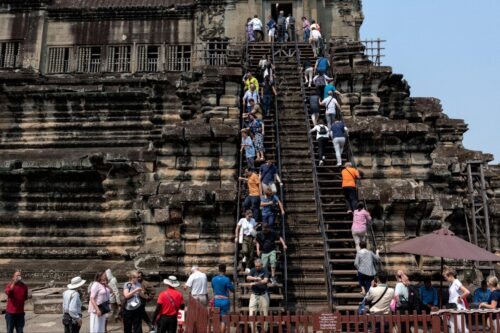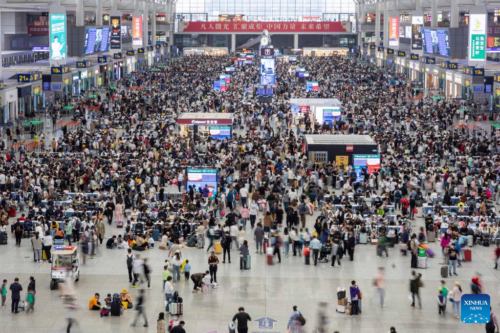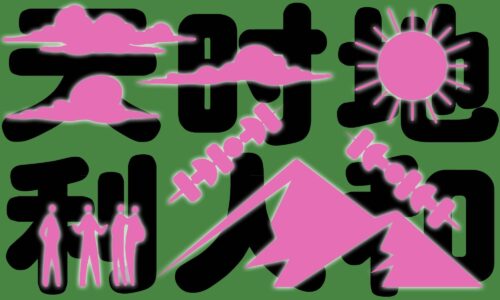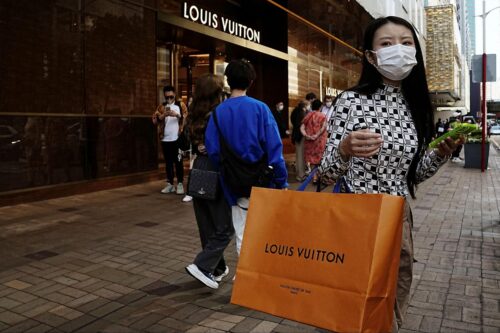China relaxes health guidelines for tourism and entertainment industries, hinting at departure from zero-COVID policy
China has loosened COVID policies for entertainment venues and travel agencies, in a move that may pull the struggling live performance and tourism industries out of a deep slump.
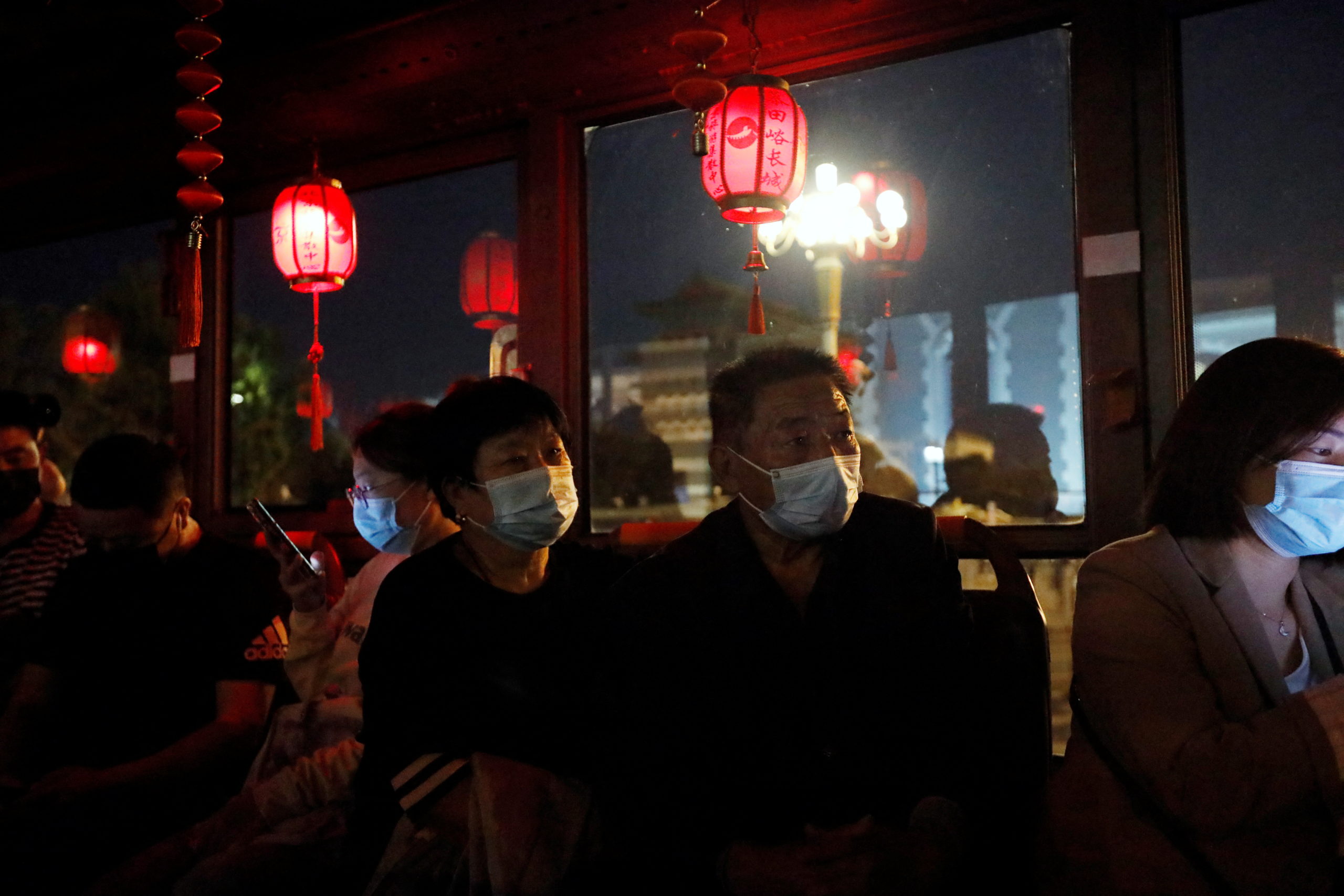
As China’s economy continues to falter and public frustration about COVID-zero policies continues to build, the government has eased some virus-control restrictions for the tourism and entertainment industries.
The shift has been viewed by some observers as a positive signal that China is slowly embracing a more sustainable response to the coronavirus. According to several directives issued by the Ministry of Culture and Tourism on Friday, capacity limits should be completely removed for large-scale entertainment venues such as theaters and events such as concerts and music festivals in areas without COVID-19 outbreaks. In low-risk regions with sporadic new infections, local officials are given the permission to customize rules about prevention and virus control in accordance with their situations.
For small businesses like internet cafés and those providing live action role-playing games, the Ministry ordered local administrators not to “shut them down at will” and allow them to reopen once they meet certain requirements.
In a document specifically about the tourism sector, the authorities say that travel agencies must further “improve the accuracy of prevention and control measures” and “carefully assess the safety risks” of their products. “In principle,” it adds, there shouldn’t be “one-size-fits-all” policies or “multiple-layered bureaucratic requirements” for the whole industry. “Regulators should strive to minimize the impact of COVID-19 on the industry while protecting people’s safety and health,” it writes.
The new guidelines arrive on the heels of a directive issued earlier this week, in which the Ministry announced the end to the so-called “circuit breaker” system that previously prohibited travel companies from organizing cross-region domestic tours to a designation where any county or district had areas labeled as “middle-risk” or “high-risk” for COVID-19. suspending airlines when five or more passengers on an inbound flight test positive for COVID. The old system also would suspend airlines when five or more passengers on an inbound flight test positive for COVID. Under the new policy, local-level officials are subjected to punishments for implementing restrictions that are at odds with national strategies.
Shortly after the Tuesday announcement, the number of searches for inter-provincial tours on Trip.com, a Shanghai-headquartered online travel provider, reached its highest level since the National Day holiday week in early October. Tongcheng-eLong, another Chinese online travel operator, reported that the searches for its group tour programs soared over 600 percent within the hour after the announcement from the same duration one day earlier.
Last week, China’s National Health Commission (NHC) unveiled 20 new measures to loosen coronavirus restrictions, including shortening quarantine times for close contacts of confirmed cases and inbound travelers by two days, to eight days total.
China’s tourism industry is one of the hardest hit by the pandemic and Beijing’s zero-tolerance approach to the virus. During the seven-day National Day holiday this year, the number of people who made trips in the country was only 255.5 million, down 36.4 percent from the same period last year and 58.1 percent from the 2019 pre-pandemic levels.
Things weren’t looking better for entertainment establishments due to the country’s ultra-strict “dynamic zero-COVID” strategy, under which entire cities would go into lockdowns over a handful of cases. To make things worse, live performance venues and entertainment places like karaoke bars and internet cafés were among the last businesses to benefit from easing restrictions, as local officials tended to see them as “non-essential” services and keep them shuttered to avoid new outbreaks.

